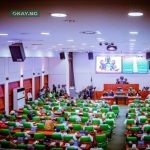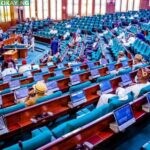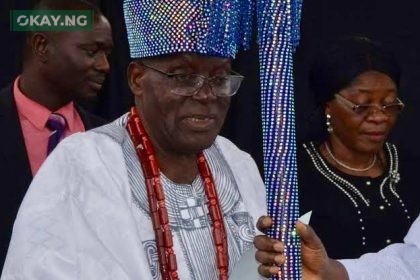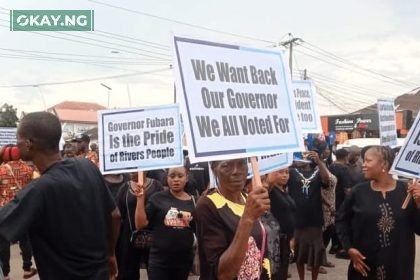President Bola Tinubu has strategically revitalized the Governing Council of the Nigerian Content Development and Monitoring Board (NCDMB), signaling a renewed commitment to fostering local participation within the nation’s pivotal oil and gas sector. In a move aimed at filling existing vacancies and fortifying the board’s operational capacity, four new members have been appointed, as announced by the Special Adviser to the President on Information and Strategy, Bayo Onanuga.
“The nominations arose from the exit of previous institutional representatives from the Governing Council,” Onanuga stated, highlighting the necessity for this strategic overhaul.
The newly appointed members include Mr. Olusegun Omosehin, representing the National Insurance Commission, and Engr. Wole Ogunsanya, from the Petroleum Technology Association of Nigeria. These appointments underscore the administration’s intent to bring diverse expertise to the forefront of local content development. Further additions to the council are Sam Onyechi, representing the Nigerian Content Consultative Forum, and Barrister Owei Oyanbo from the Ministry of Petroleum Resources.
The NCDMB Governing Council, established under Section 69 of the Nigerian Oil and Gas Industry Content Development Act, 2010, serves as a critical regulatory body. It comprises representatives from key institutions, including the Nigerian Upstream Petroleum Regulatory Commission and the Nigerian National Petroleum Company Limited, among others. This structure ensures a comprehensive approach to local content policy implementation.
“The President encouraged the new members to leverage their expertise and dedication to enhance local content development within Nigeria’s oil and gas industry,” Onanuga added.
From my perspective, this move reflects a calculated effort to ensure that Nigeria’s vast oil and gas resources translate into tangible economic benefits for its citizens. The inclusion of representatives from diverse sectors, such as insurance and technology, suggests a broader understanding of the interconnected nature of local content development. It is not merely about extracting resources but about building a sustainable ecosystem that empowers Nigerian businesses and professionals.
The implications of these appointments extend beyond mere administrative adjustments. They touch upon the very heart of Nigeria’s economic aspirations. Consider, for instance, the potential for increased job creation and technology transfer. When local companies are given priority, it fosters innovation and builds capacity within the nation. This, in turn, can mitigate the vulnerabilities associated with over-reliance on foreign expertise.
However, the success of this initiative hinges on the effective implementation of policies and the transparent management of resources. The new council members must navigate the complexities of the industry with integrity and a steadfast commitment to the nation’s best interests. As the council begins it’s work, there is a clear opportunity to see a real change in the participation of Nigerians in the oil and gas sector.
The NCDMB’s mandate is crucial for ensuring that the benefits of the oil and gas industry trickle down to the average Nigerian. By promoting local content, the government aims to create a more inclusive and resilient economy. The appointments, therefore, represent more than just filling vacancies; they signify a renewed push for economic empowerment and national development.












